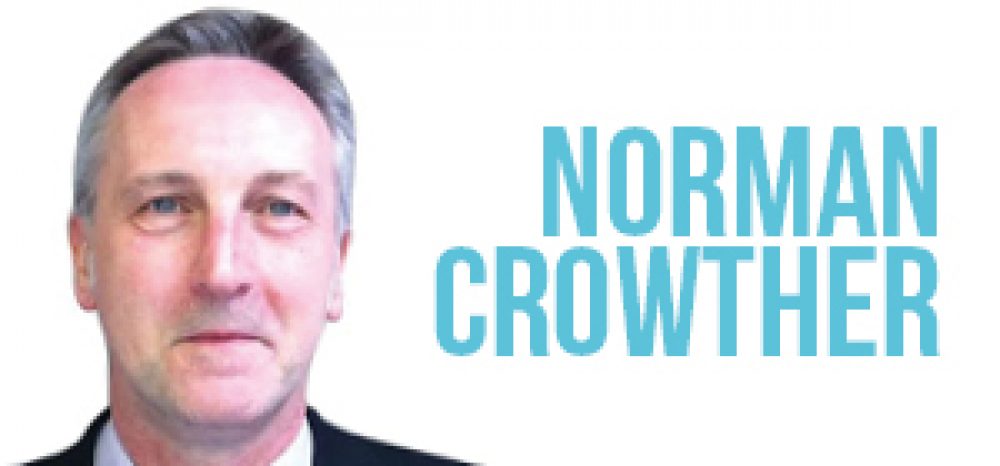Establishing and maintaining structural and cultural change in FE is a huge task, a task that needs not only vision but will — and that will is lacking. We have always had the sufficient but not the necessary conditions for success.
It is why hours of Institute for Learning professional development were never used to innovate, to develop communities of practice, to foster new relations with business and employers.
It is why the Pathfinder Projects shone like beacons and then were quenched as the funding dried up; why the ambitions of the 2001 regulations and the firmer ambitions set out in the 2007 regulations are now threatened with full revocation.
When the licence to practise was introduced (QTLS) in 2007, it established a concrete sense of what ‘professionalism’ might mean.
Autonomous CPD (mutually beneficial to employers, learners, staff), an entitlement to have time for that CPD, a sense that professionalism meant the upkeep of certain standards and values, and that employers had to have due regard for these professional ambitions meant a ‘professional space’ had been cleared and could be developed.
But the sector’s illusory centre meant that it lacked the necessary conditions for such change.
Incorporation has constructed an image of coherence that has no accountability to anything but each corporation. This is the governance challenge to the newly established Education Training Foundation (aka FE Guild).
The critical juncture teaching staff face is deregulation of the 2007 Workforce Regulations, ironically given in the Learning and Skills Improvement Service guidance on the new qualifications (an admirable example of how we have moved from Cinderella to Alice in Wonderland).
While ATL is, and will be, consistently positive in its endeavours to improve the professional lot of our members, we are not reeds in the wind. We need to ask at this juncture: whither professionalism?
Can professionalism in FE survive increasingly fragmenting employers’ and private interests in the governance of the sector, and in the post-19 funding changes?
Is not the fitness of qualifications, teacher standards, curriculum design, pedagogy, research, the preserve of a particular group of professionals: lecturers? Just as accounts, marketing, income generation, premises and HR belong to another occupational sphere: business leadership?
Is there not sense in seeking the support and expertise of teacher trainers in universities, researchers and experts in education and skills policy to help our policy formation?
What we are shaping in post-16 education is what Ken Spours of the Institute of Education describes as an ‘outlier’ status. Not European, not Scandinavian, not American, certainly not Welsh or Scottish.
In fact, some argue we are not even on the map: we don’t have a coherent sector at all from a European perspective. (Test: try to define the post-16 sector to somebody who does not know it.)
Deregulation will introduce a race to the bottom, and further hinder our ability to engage with other labour markets and manufacturing standards. So, no matter how well meaning some college principals are, they are in a sector that has been for too long shaped by following funding and, for the past 20 years, constructing a perverse corporate ethos. Policy design and execution have never been properly coupled together.
This has now reached an overly critical point with an employer-led sector body (ETF) affirming government ideology to deregulate.
And in September, we return to the years before 2001 when evidence and argument were building up that we needed standards and initial teacher training for FE staff… but that’s yet another story.
So it’s ‘back to the future’. We have to solve the same problem again, but in a different way.
Norman Crowther, national official for post-16 education at the Association of Teachers and Lecturers









Thank you for a poingiant article. Deregulation of FE (ITE) is a myopic retrograde step which sets back the aims of cross sector parity and professionalism. What is needed is to contest deregulation from a stance of evidence based practice. Perhaps now is the opportunity to rethink the pedagogy of FE ITE. Although the reforms between 2001 and 2010 were positive in their intentions there is a need to come away from the over prescribed mechanistic competence-based approach and foster a greater reflective approach.